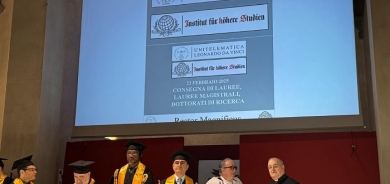Kurdish Farmers' Plight in Kirkuk Sparks Political Response

In response to escalating tensions over land rights in Kirkuk, Kurdish farmers have sought intervention from Iraqi Prime Minister Mohammed Shia’ al-Sudani, prompting pledges of action from the national government.
The issue came to a head last week when the Iraqi Army in Kirkuk prevented local Kurdish farmers from harvesting wheat and barley, leading to widespread discontent among communities in the disputed territories.
Mariwan Qarani, a Kurdish member of the Iraqi parliament representing the Kurdistan Democratic Party (KDP), delivered a letter from Kurdish farmers to Prime Minister Sudani, urging immediate action to address violations of their rights. Qarani emphasized that these actions contravene Iraqi constitutional and legal protections and constitute unjust treatment towards Kurdish farmers in Kirkuk.
During a meeting with Qarani, Prime Minister Sudani acknowledged the gravity of the situation, stating that the issue had been raised previously and assured swift action. Sudani committed to forming a special committee to facilitate the farmers' harvest and resolve the ongoing challenges they face.
Qarani underscored that both the Iraqi parliament and the agriculture committee are expected to collaborate with the committee established by the prime minister to fulfill their responsibilities in support of Kurdish farmers.
Should these efforts fail to yield results, Qarani warned of further measures to protect Kurdish farmers from continued injustices.
The land dispute in Kirkuk province, covering 1.1 million dunams, remains a contentious issue, with significant implications for stability and reconciliation efforts in the region. Decision No. 29 of 1975 plays a crucial role in restoring land rights to Kurdish and Turkmen farmers, further highlighting the complex legal and historical dimensions of the conflict.
The standoff underscores broader challenges surrounding land rights and ethnic divisions in Iraq, emphasizing the importance of transparent and inclusive approaches to resolving disputes and fostering stability in the region.
The response from Prime Minister Sudani signals a potential turning point in addressing the grievances of Kurdish farmers, although ongoing tensions highlight the delicate nature of the situation and the complexities surrounding land ownership in Kirkuk.












